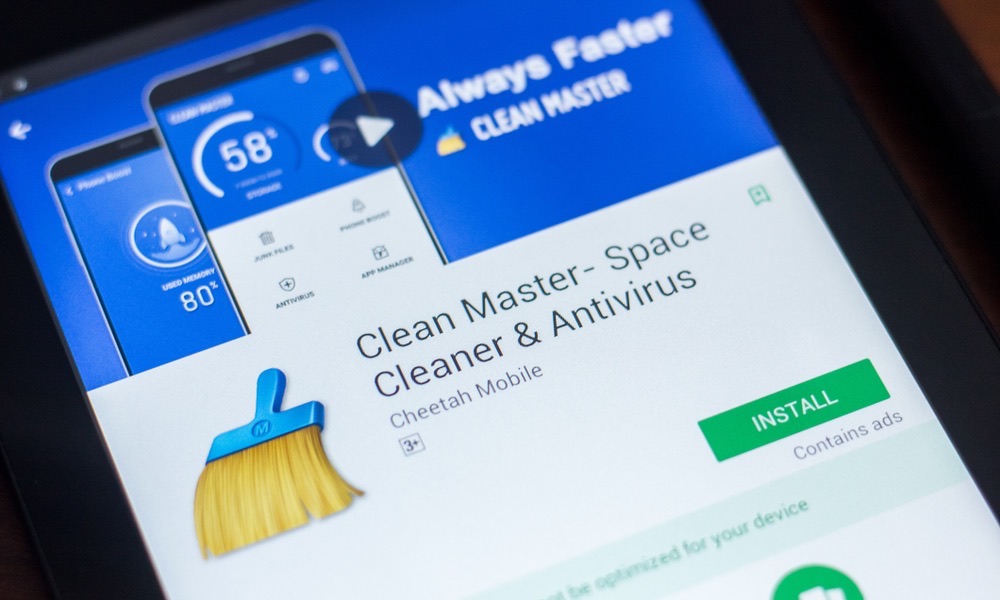iPhone Users Blissfully Unaware of Android’s Booster App Problem
 Credit: Sharaf Maksumov / Shutterstock
Credit: Sharaf Maksumov / Shutterstock
Toggle Dark Mode
If you’re an iPhone user, you probably are unaware of all the different ways that shady apps can take advantage of Android device users — particularly those who aren’t the most technically savvy.
Take, for example, so-called “booster apps” which purport to speed up an Android device or help it save battery life. Other than force-clearing a RAM cache, there aren’t really many actual ways for these apps to improve performance. Instead, they just take advantage of their users through legitimate and illegitimate means.
Some apps can even show users fullscreen popups when the app itself is in the background, or create their own lock screens so that users have to navigate multiple menus just to open their phones.
That may sound almost unbelievable to an iPhone owner. But the average iOS user is likely blissfully ignorant of the downsides to a more “open” system like Android.
Apple’s mobile operating system is famous for being a “walled-garden” that sandboxes each app and restricts what kind of system and third-party services are available to it.
Some people knock the walled-garden. But it goes a lot way toward protecting a user’s security and privacy. And that’s especially true for users who have no idea whether their phone uses a closed or open system in the first place.
There are even reports of users who have four or five “booster apps” on their devices.
Nobody needs or benefits from having that many apps competing with each other — the result is worse battery life and slower performance.
These booster apps aren’t the only way that a malicious developer can prey on users. Just take apps that secretly mine cryptocurrency in the background. Not for the user, but for the developer instead.
That’s where Apple’s second defense against shady apps comes into play: the app review process.
While maliciously-leaning apps do sometimes sneak past Apple’s gatekeepers, most apps can’t bypass the stringent developer guidelines. The result is an App Store where shady “booster apps” are basically nonexistent.
To be clear, there are legitimate Android cleaning tools out there. And there are some well-reviewed “booster apps” on the iOS App Store.
But telling the difference between a legitimate app and a shady one isn’t always the simplest thing to do. Luckily, Apple’s systems have done most of the work for its users — and they’re better off because of it.






